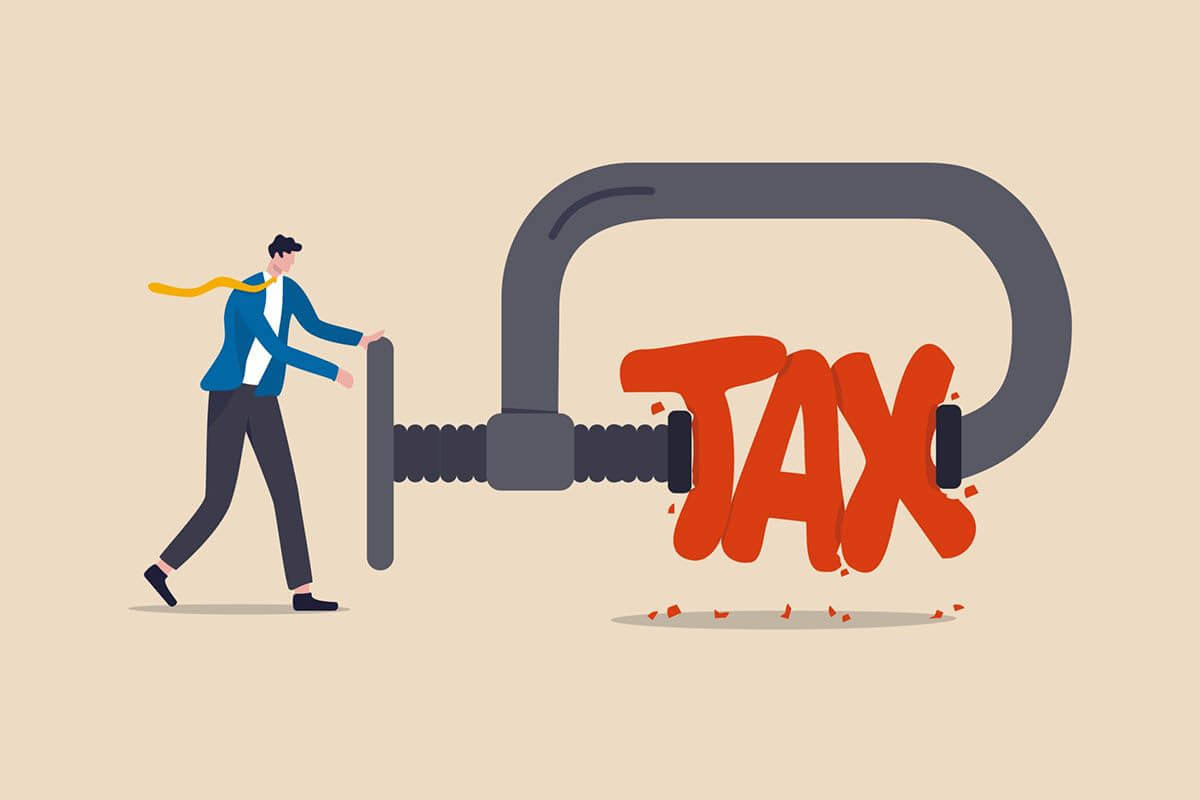
Andalucia’s wealth tax was abolished and income tax reduced, but what does that actually mean?
In late September, the Andalucian regional government announced two tax breaks for residents and non-residents in their latest package of initiatives. The first abolished wealth tax in Andalucia, making it only the second region in Spain to do so. For its part, the second reduced income tax for residents with earnings at the lower end of the taxation scale. Both come into play for the 2023 tax year.
The measures aim to alleviate fiscal pressure on residents and non-residents, but what are their actual implications? This article looks at the facts behind the latest tax breaks.
The abolition of wealth tax in Andalucia
The regional government has applied a total exemption to wealth tax. As a result, no residents or non-residents with assets (including property) in Andalucia will pay the tax from 2023. From next year onwards, this tax disappears from the fiscal calendar, taking with it tax forms like the contentious 720.
The objective behind removing the wealth tax is to encourage more wealthy individuals to become residents in Andalucia. The government believes that many were reluctant to make the region their home because of fiscal pressure. It expects the measure to attract around 7,000 high-net-worth residents every year.
With this measure, Andalucia has become the second region in Spain to abolish wealth tax. Madrid is the other one.
Previous wealth tax rules
In theory, wealth tax in Andalucia applied to anyone with assets in the region. For residents, it applied to assets owned in Spain and worldwide. For non-residents, it was levied on assets in Andalucia, which, in most cases, was property.
However, most residents and non-residents were able to take advantage of generous exemptions from wealth tax. For example, each person had up to €300,000 allowance on the fiscal value of their principal residence and up to €700,000 on personal assets (excluding their principal residence).
In practice, these allowances meant that most people paid zero wealth tax. In fact, the latest available figures for Andalucia show that around 16,700 people were liable for it in 2020. For the 2023 tax year onwards, they too will be exempt from wealth tax.
Bottom line?
The abolition of wealth tax in Andalucia benefits a small proportion of the population only. However, wealthy residents with sizeable assets and non-resident buyers looking at property worth over €1 million will undoubtedly welcome it.
The reduction of income tax in Andalucia
The second tax break will impact many more people in the region because it applies to income tax on residents. Specifically, those in the taxable income brackets from €12,450 to €35,200 will pay 4.3% less tax on their earnings in the 2023 tax year. The regional government estimates that around 80% of taxpayers will benefit from the reduction.
Andalucia currently applies eight tax bands for its proportion of income tax. For the 2022 tax year, the lowest is 9.5% for residents whose income is below €12,450 and the highest is 23.7% for resident taxpayers with earnings over €120,000 a year.
Higher-earning residents have already benefitted from tax breaks. For example, the highest rate applicable to tax returns made for the 2022 tax year will be 22.5%.
Slight caveat
The latest reduction in income tax in Andalucia from the 2023 tax year will only apply to the regional proportion of your tax bill. In Spain, income tax is levied nationally and regionally, with each collecting 50% of the tax.
As a result, the 4.3% decrease will apply to 50% of your taxable income. The Spanish government announced in early October that it has no intention of reducing income tax rates on the 50% collected nationally.
Bottom line?
The reduction in income tax has wide-reaching effects on residents in Andalucia, most of whom will see their tax bill reduced in 2023.
Previous tax breaks in Andalucia
The abolition of wealth tax and reduction in income tax join other tax breaks in the region. For example, in 2021, the transfer tax on property was reduced from 8-10% to a flat rate of 7%, benefitting thousands of homebuyers in Andalucia.
Looking for a property on the Costa del Sol? Contact me today let’s start the journey together.






